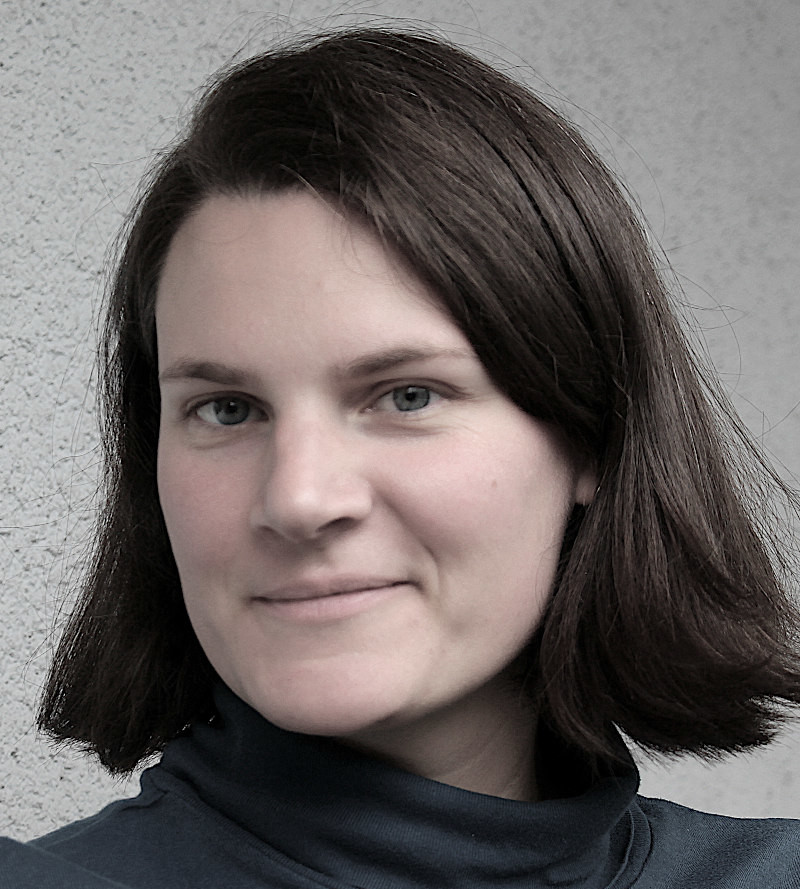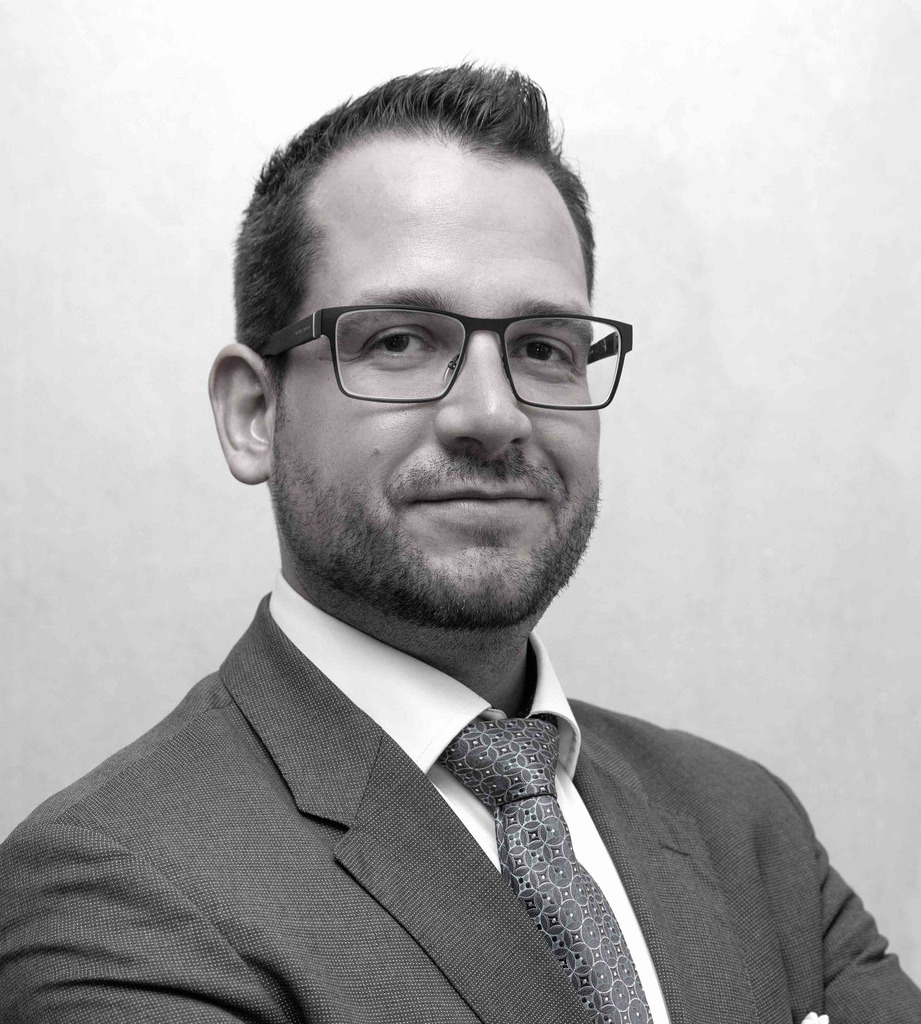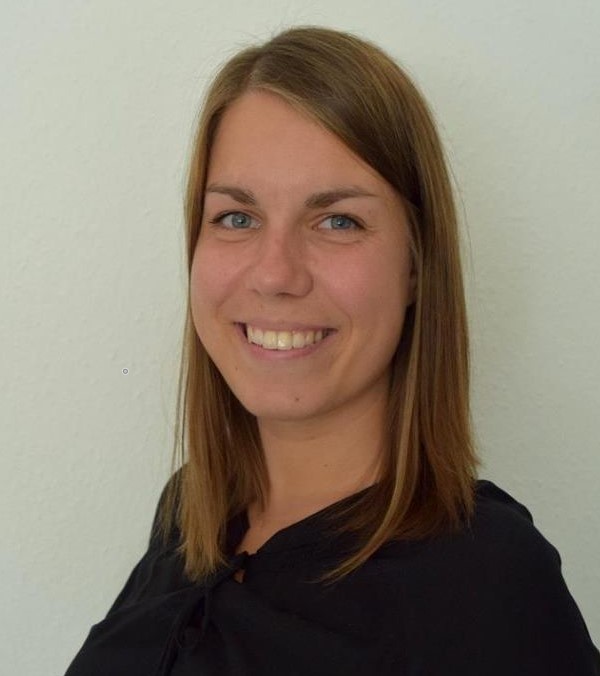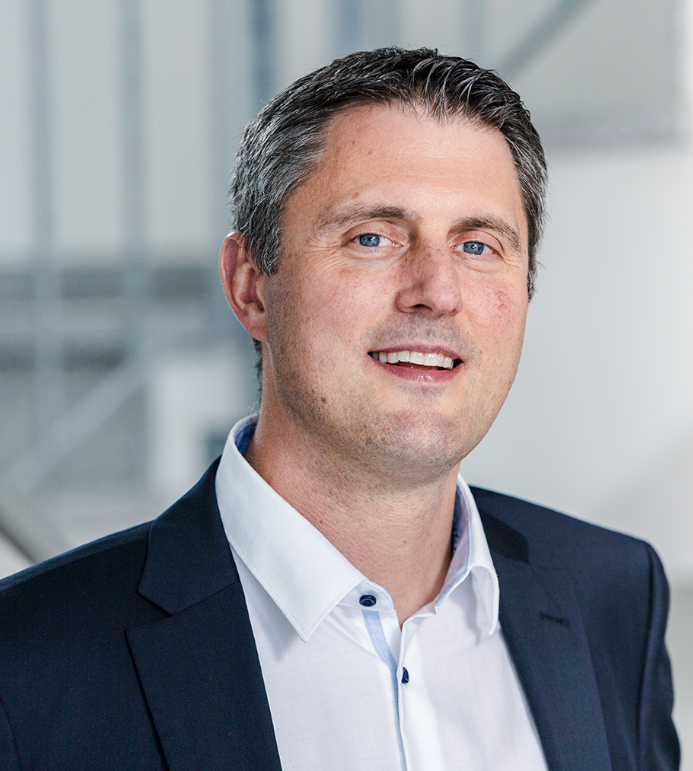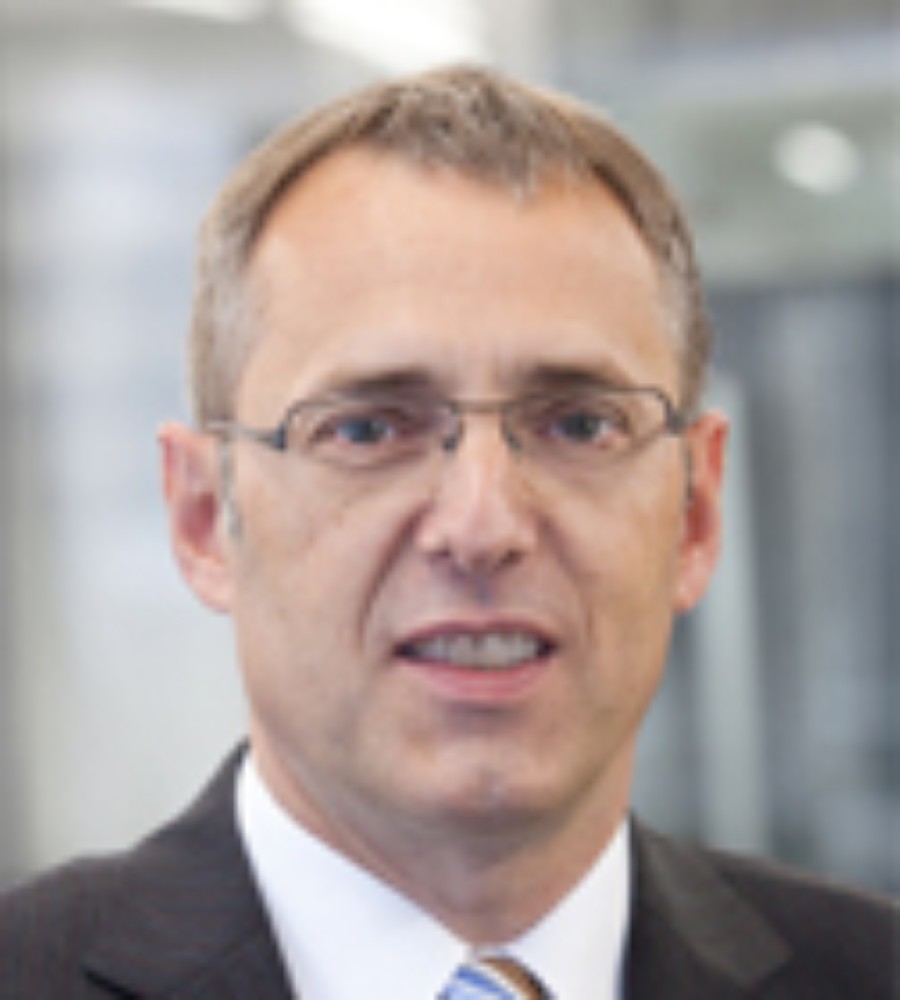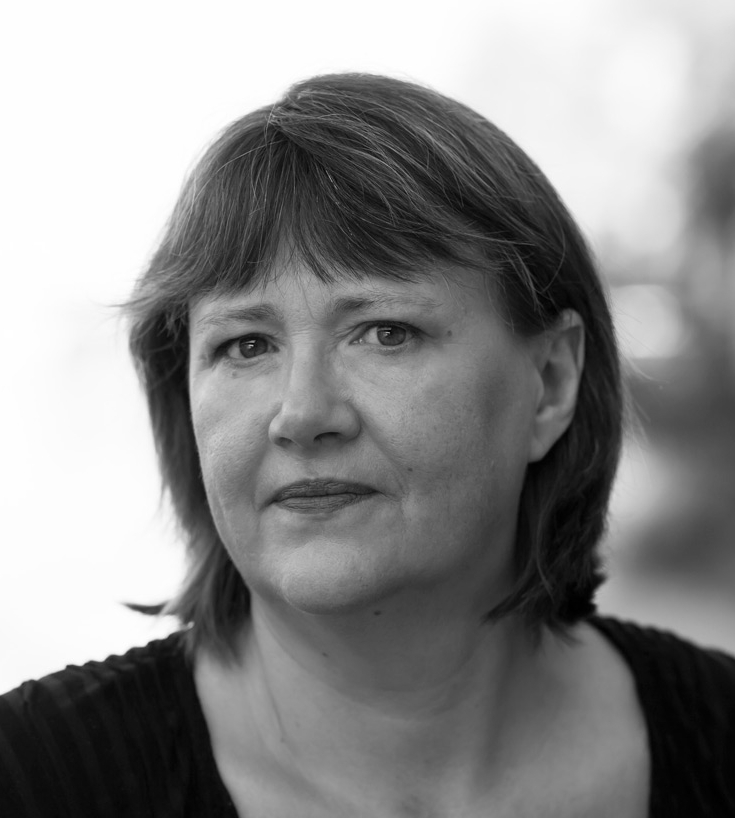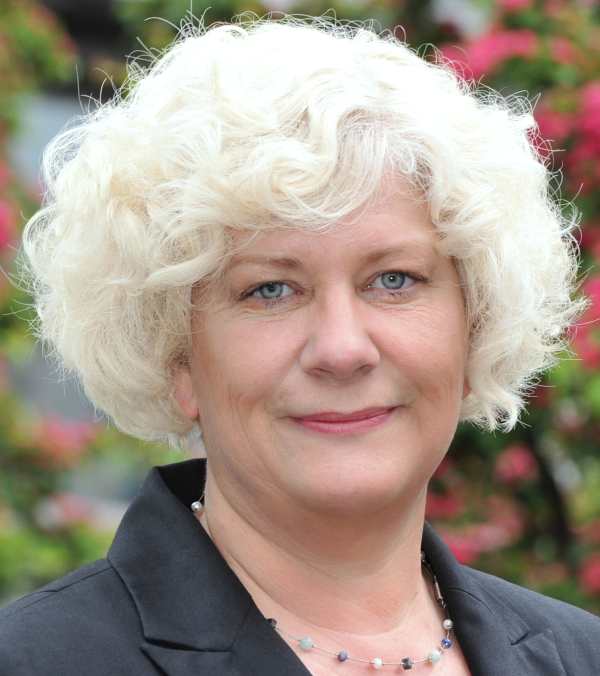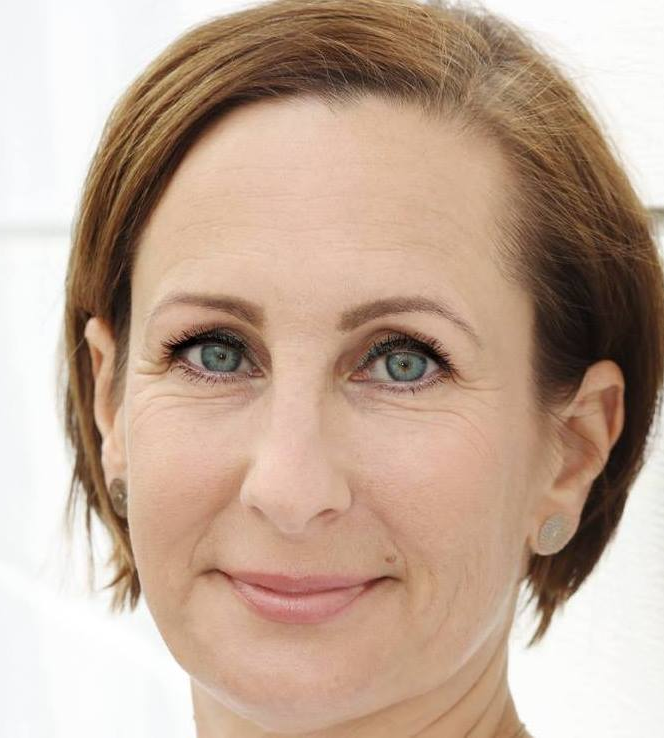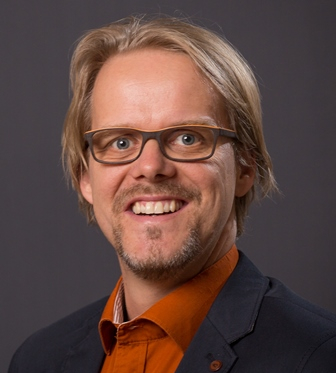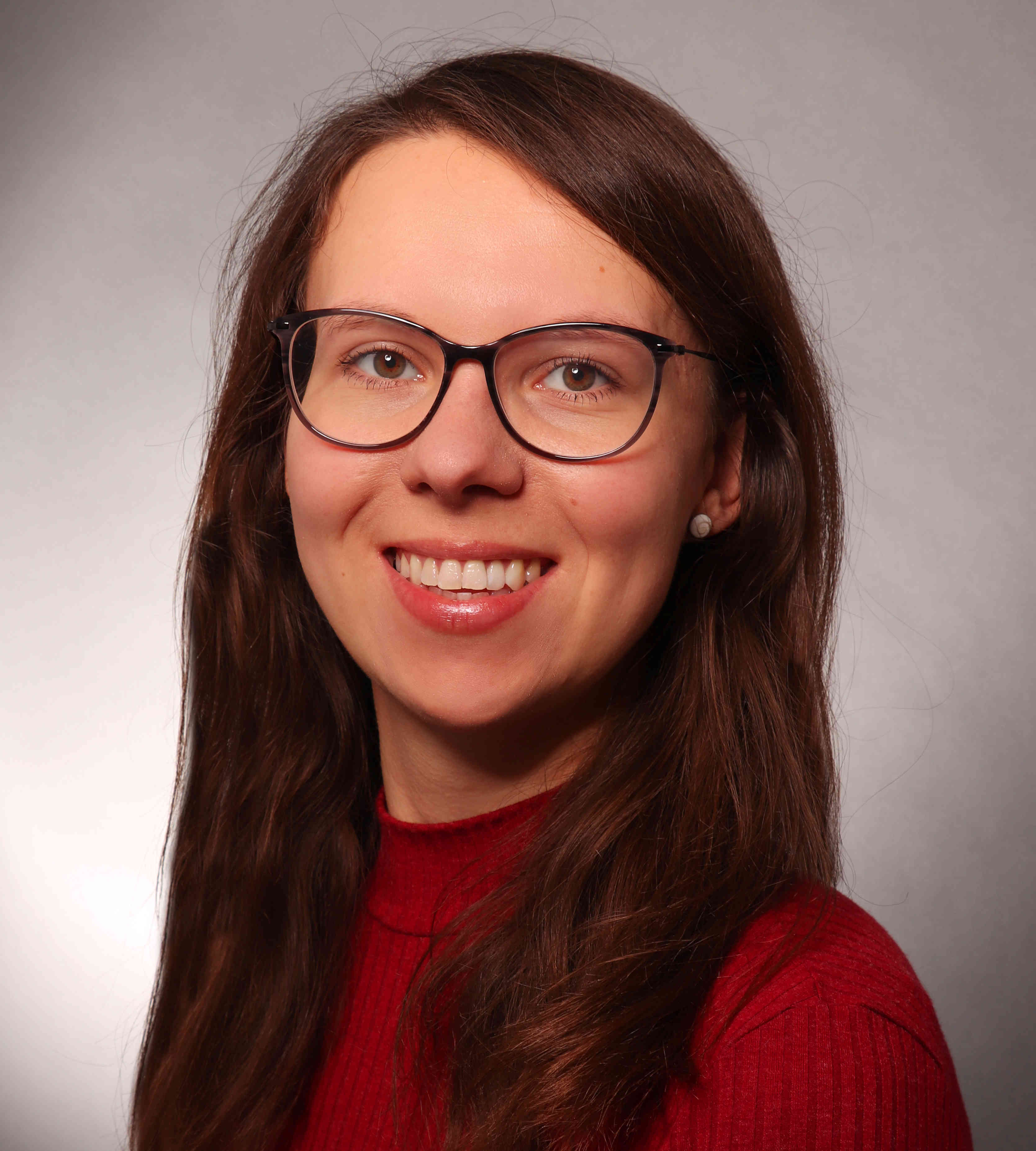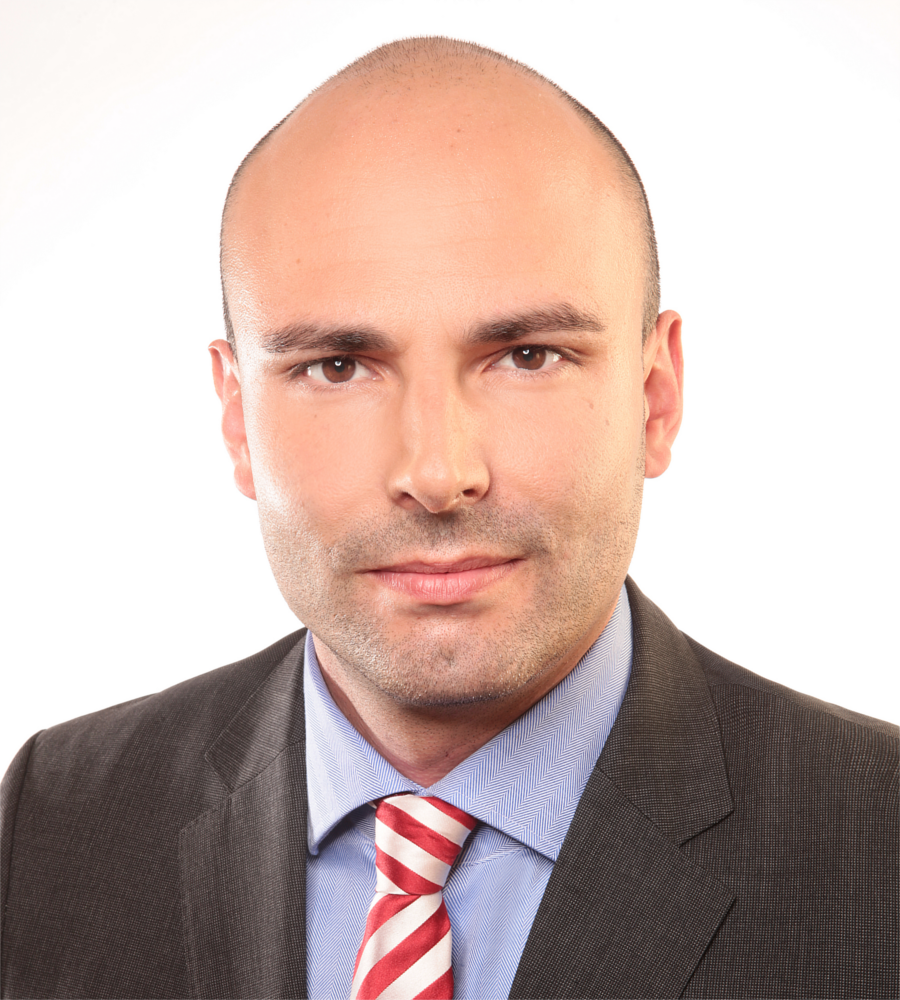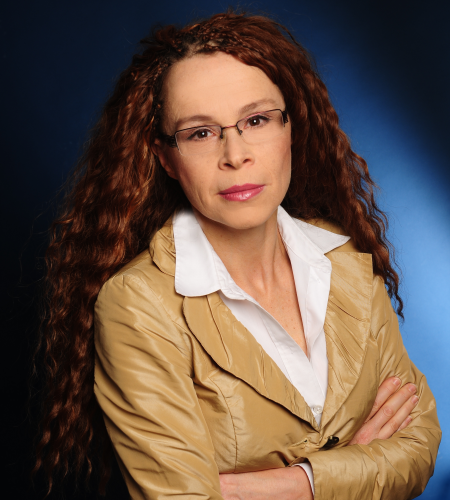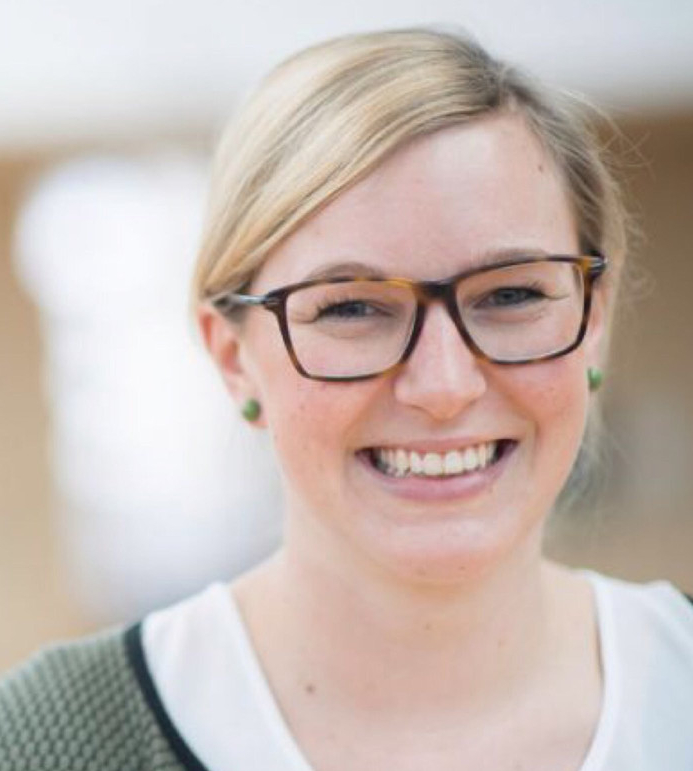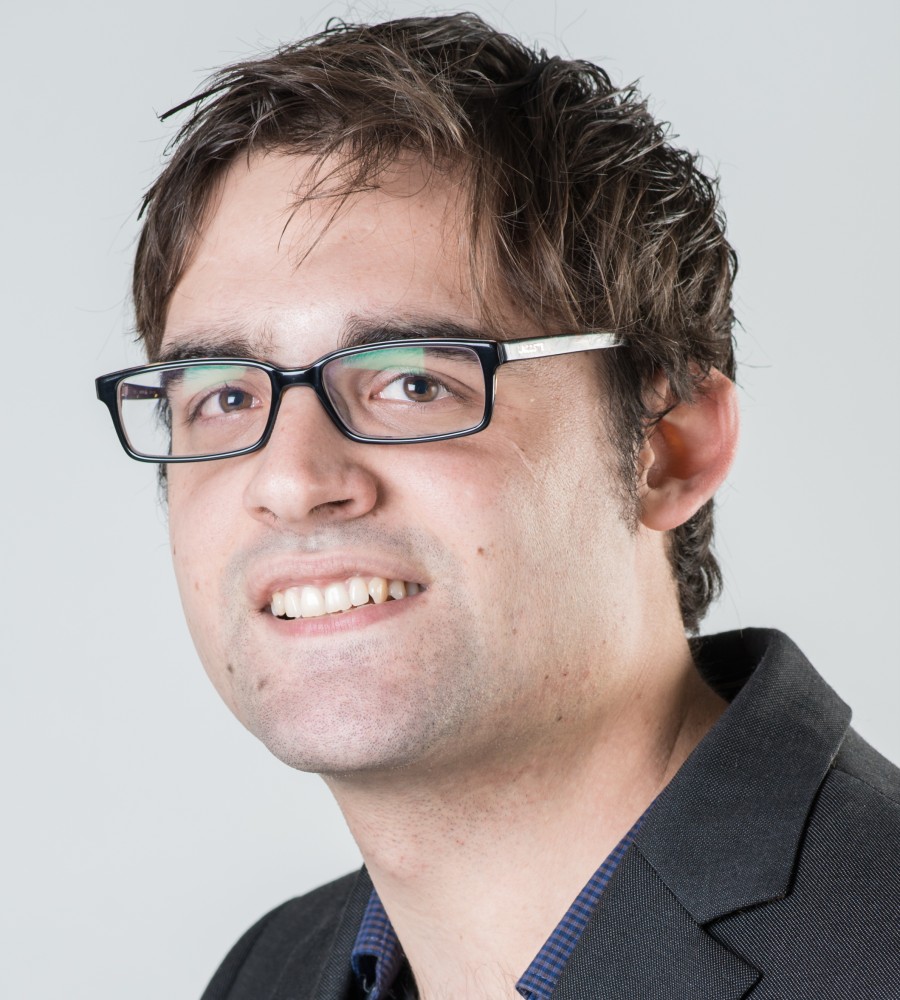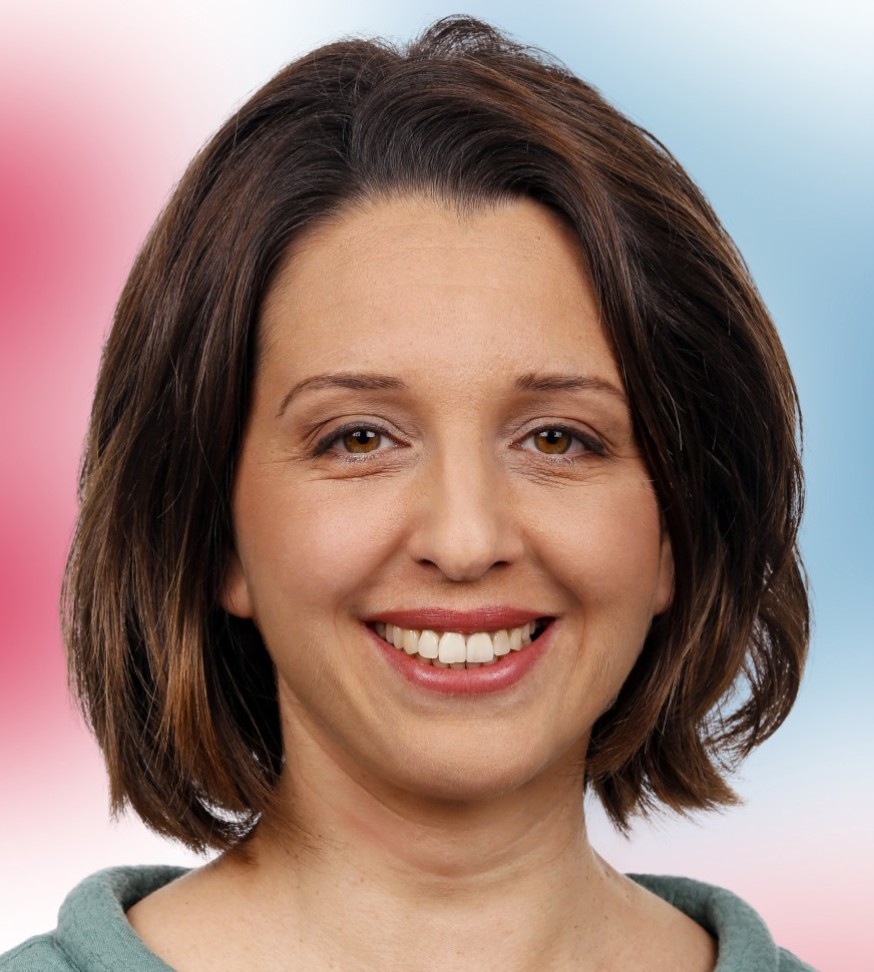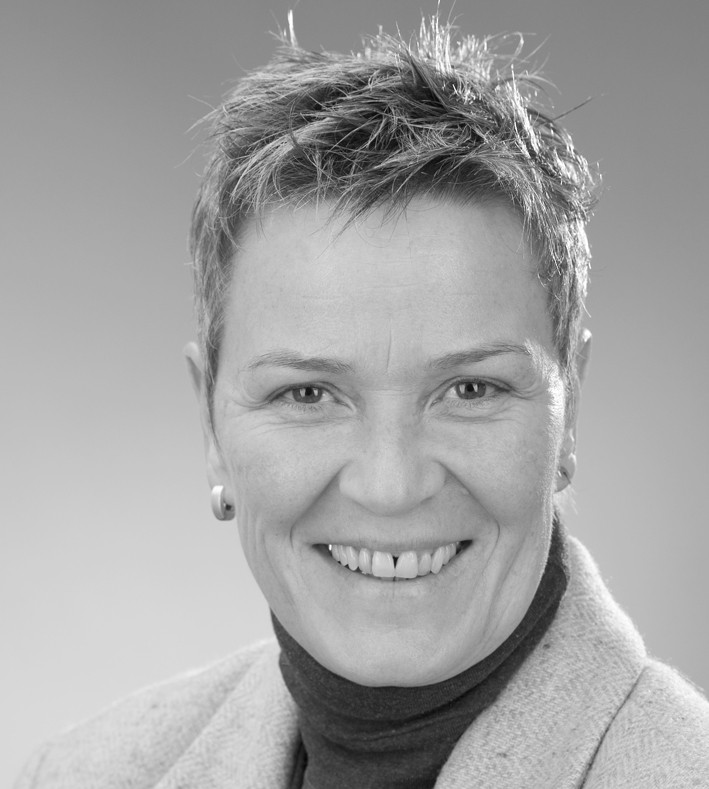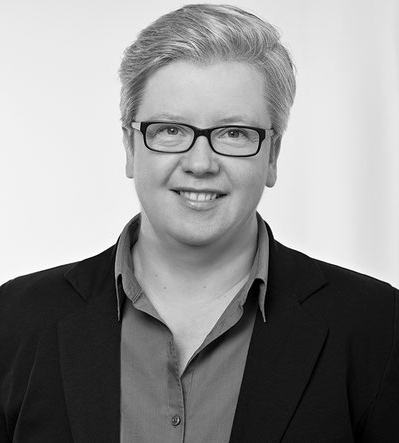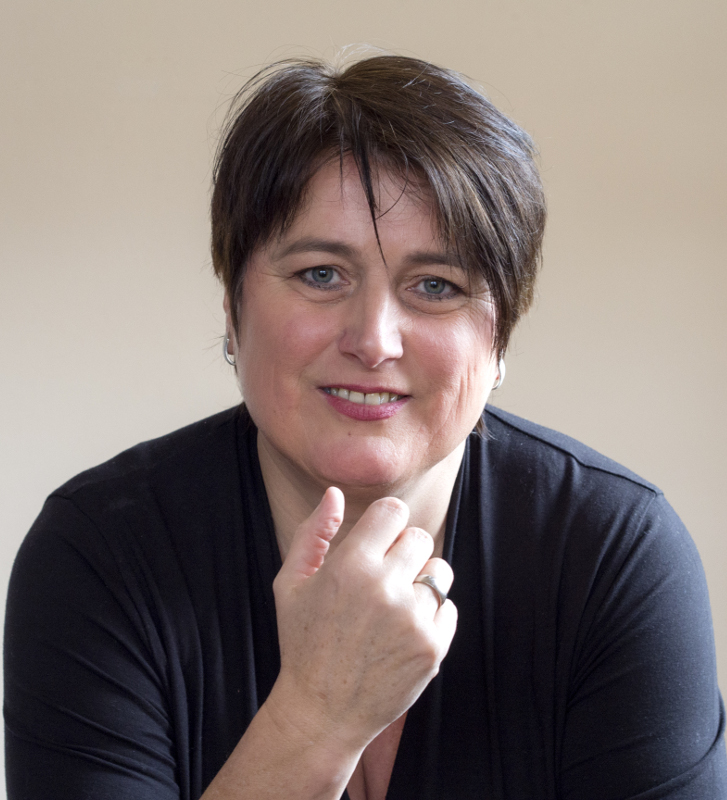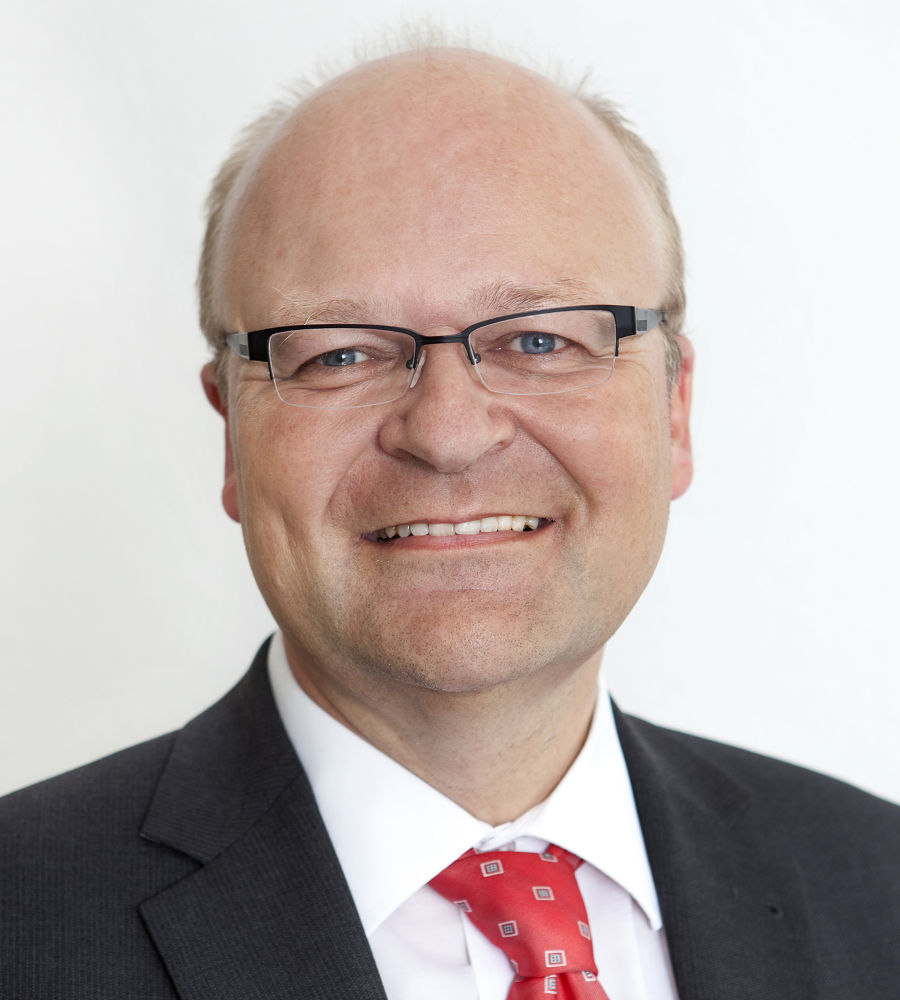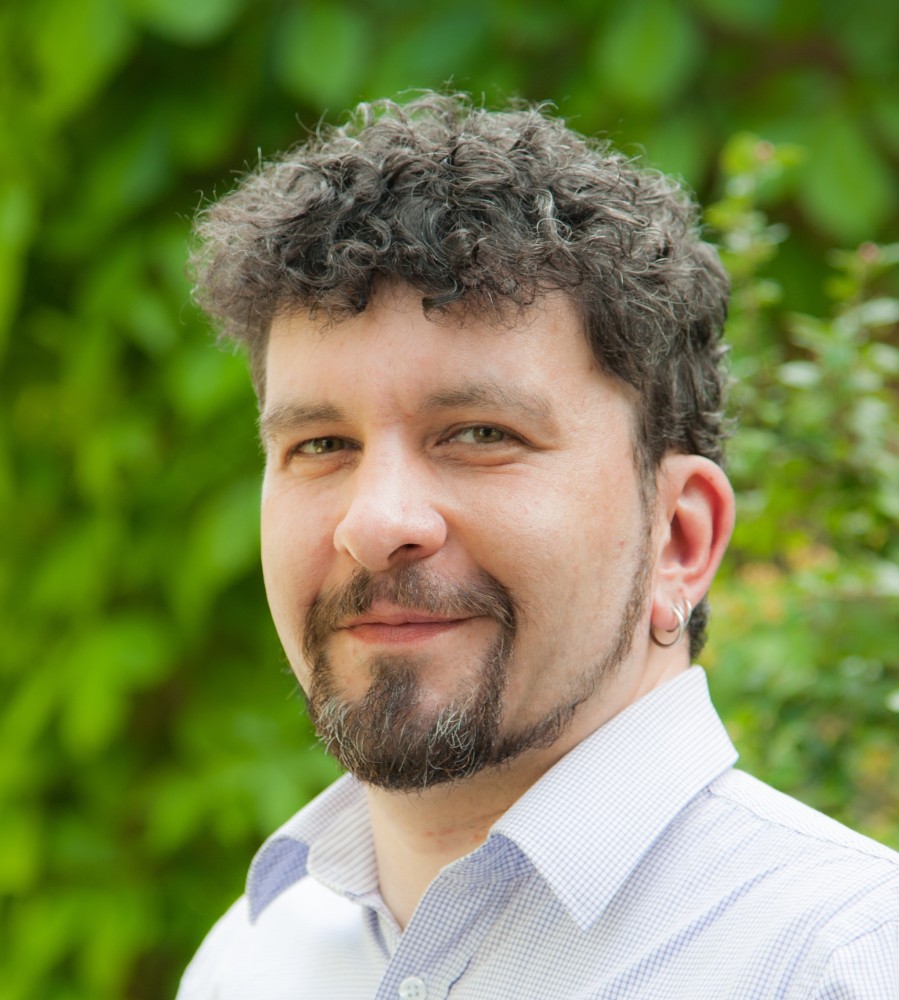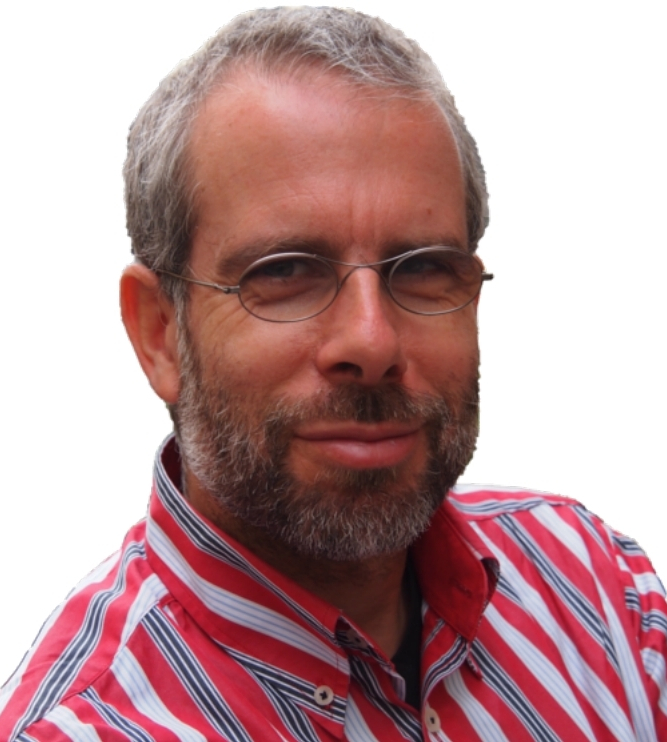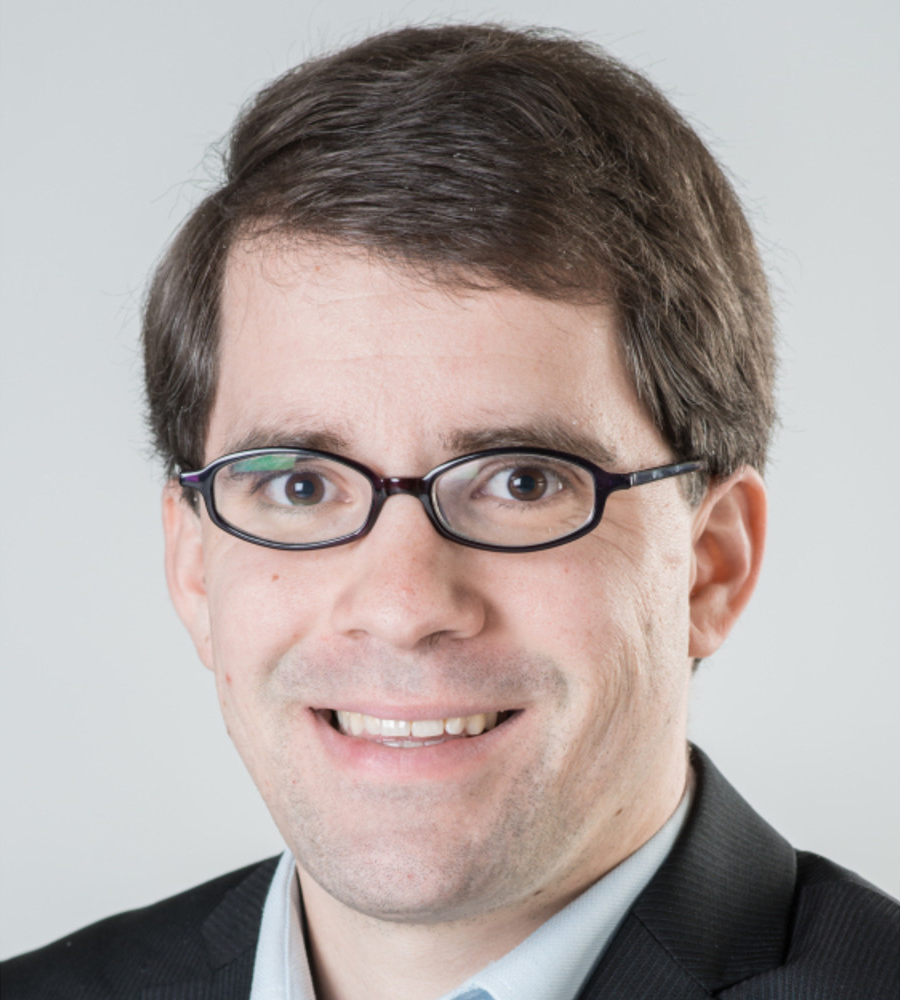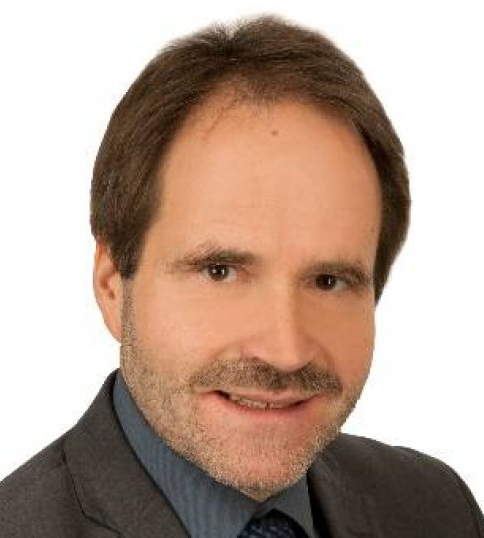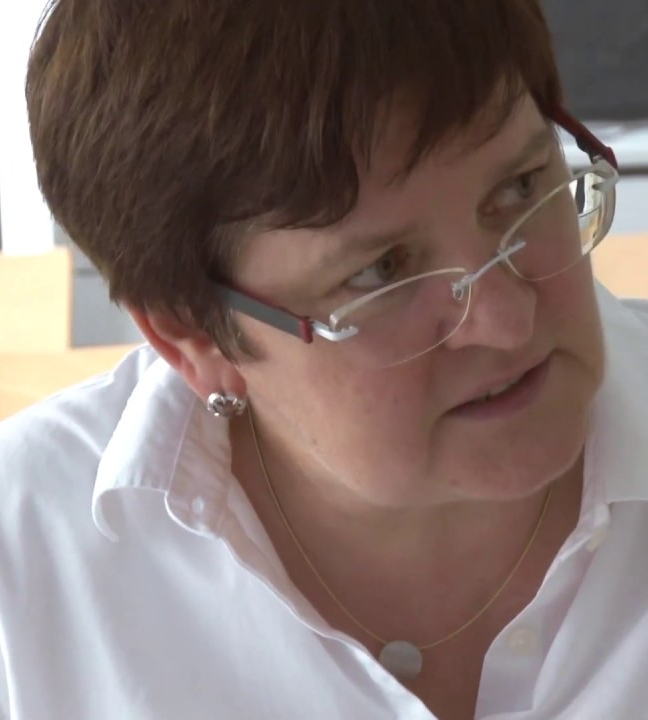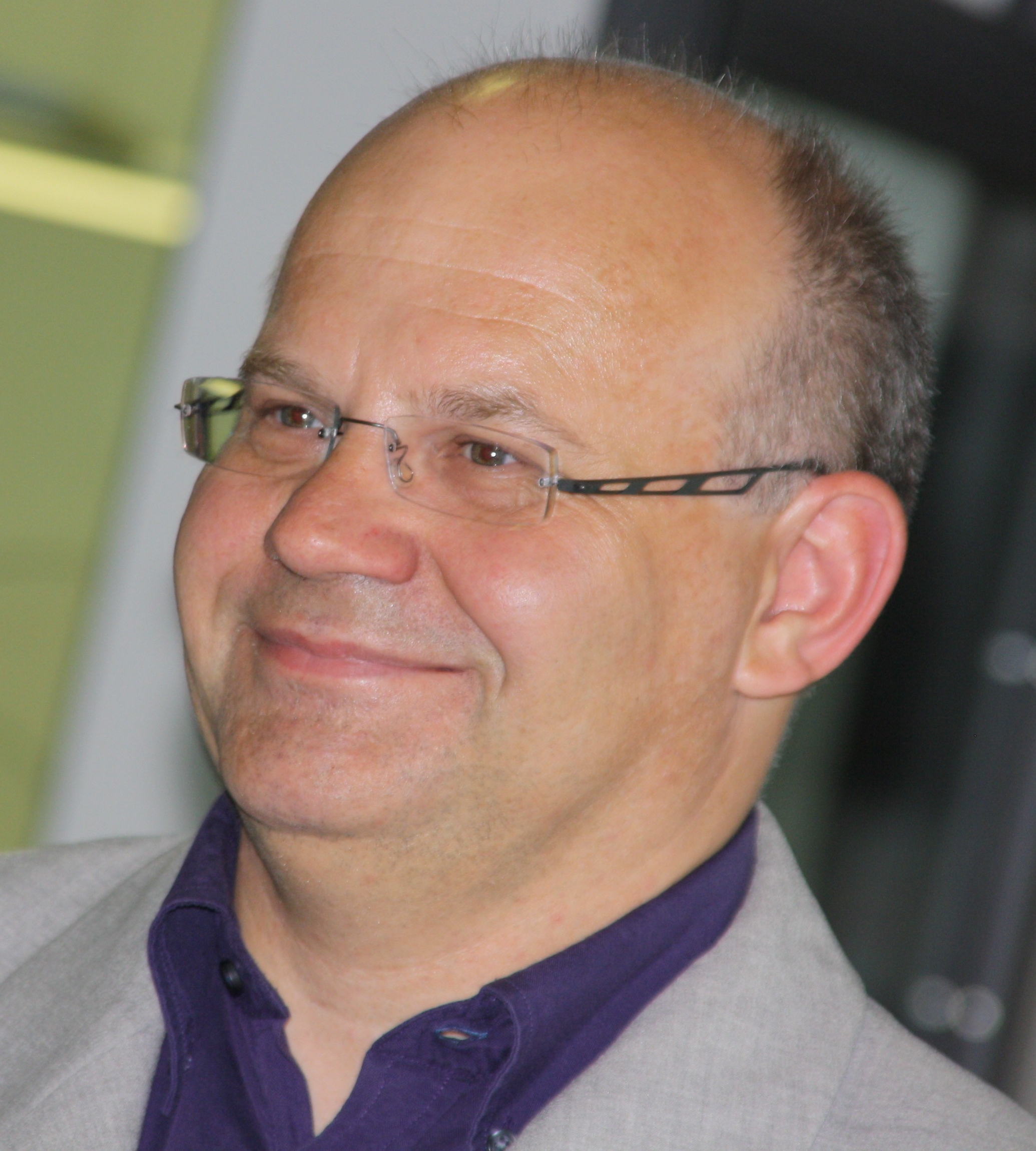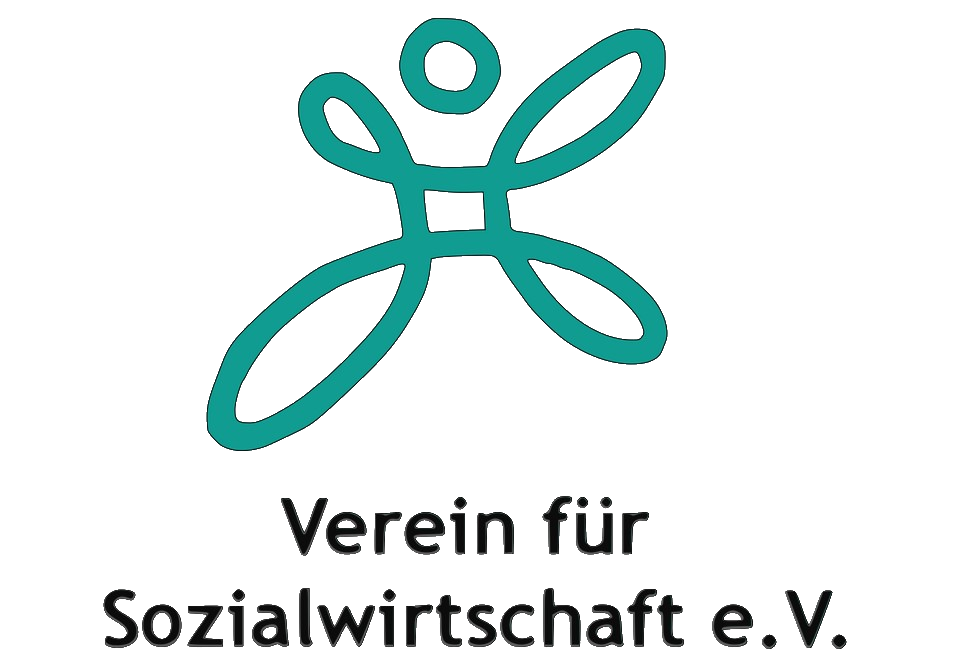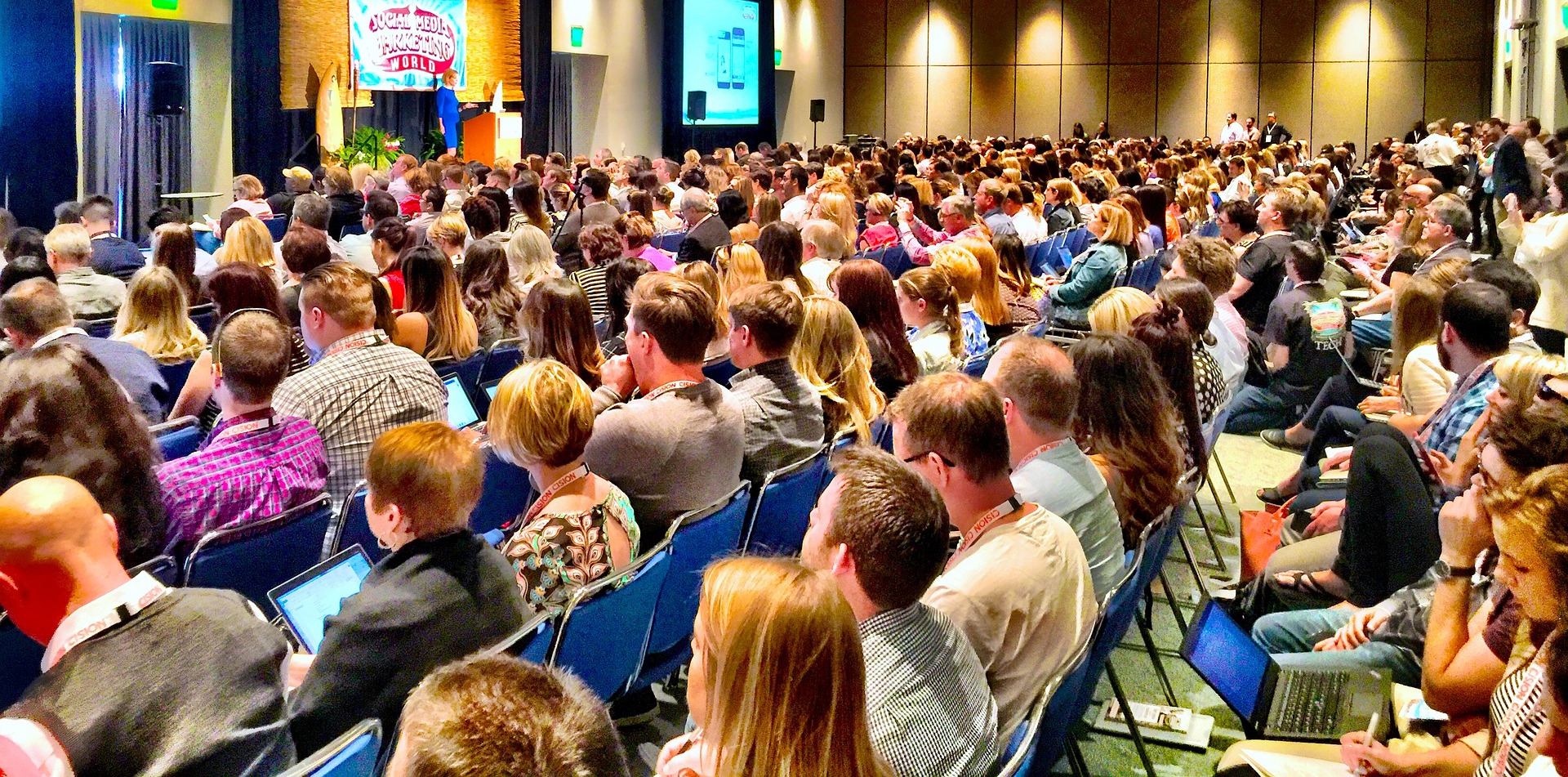
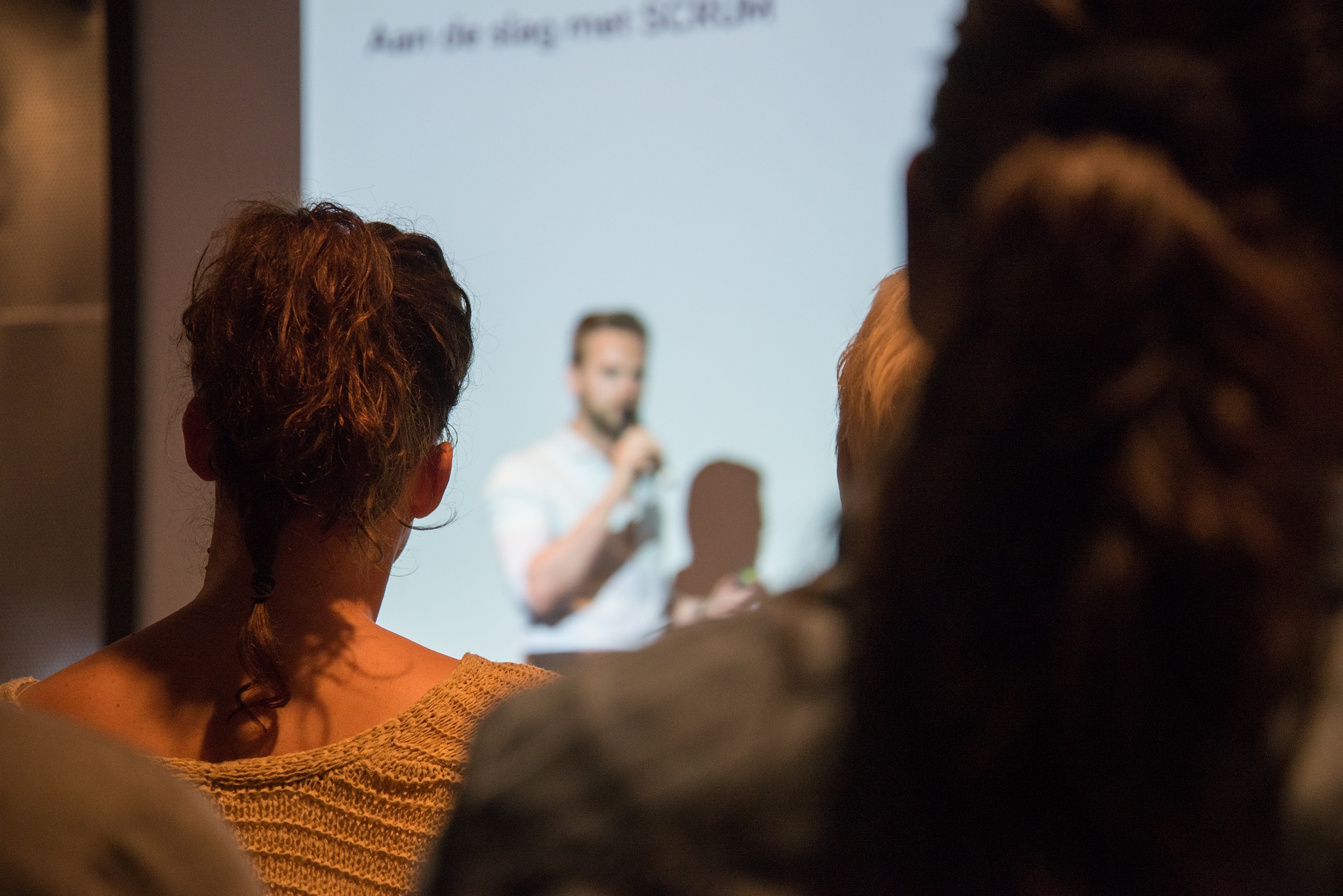
Topics of the BarCamp (just proposals)
Energy transistion and inflation
What can - concretely - the contribution of the social economy to the energy transition look like and what does it mean to run a social enterprise in times of inflation?
New Welfare
What are the consequences of current social and technological changes for the social and healthcare economy? Thus, outpatientization and strengthening of freedom of choice are forcing service providers to restructure their offerings. Modes of cooperation between the public sector, independent welfare organizations, commercial providers and civil society are also emerging. Do social and healthcare services need to be fundamentally "rethought"?
New Working Environments
Before CoViD, work was always connected with the way to work. CoViD brought the work home. Will it remain that way now for energy-saving reasons? The social and health care sector is particularly affected by the shortage of skilled workers: Will more money simply help? Do we need new forms of work? How can new working time models be designed? What new technical methods are there? How do employers manage to be attractive? Does recruiting employees from abroad help us?
Digitization
The digitization of social and health care services is entering a second phase. CoViD has significantly accelerated this. No longer are only administrative processes mapped digitally, but those seeking help connect with their counselors, social service providers and each other through digital devices (not just via Whatsapp etc.). Digital applications will stronger than before become a part of the core area of a helping service. This opens up new options for applications, assistance planning, assignment to counselors, documentation, success monitoring and evaluation. AI appears on the horizon. Which are approaches you have tried? What future steps do you see?
Programm
It is in the nature of a BarCamp (for the rules see FAQ) that the program - so to speak - writes itself on the very day of the event. There wil be no keynote speakers. Every new thought is welcome. The following structure will provide the framework.
Zur Website der letztjährigen Veranstaltung-
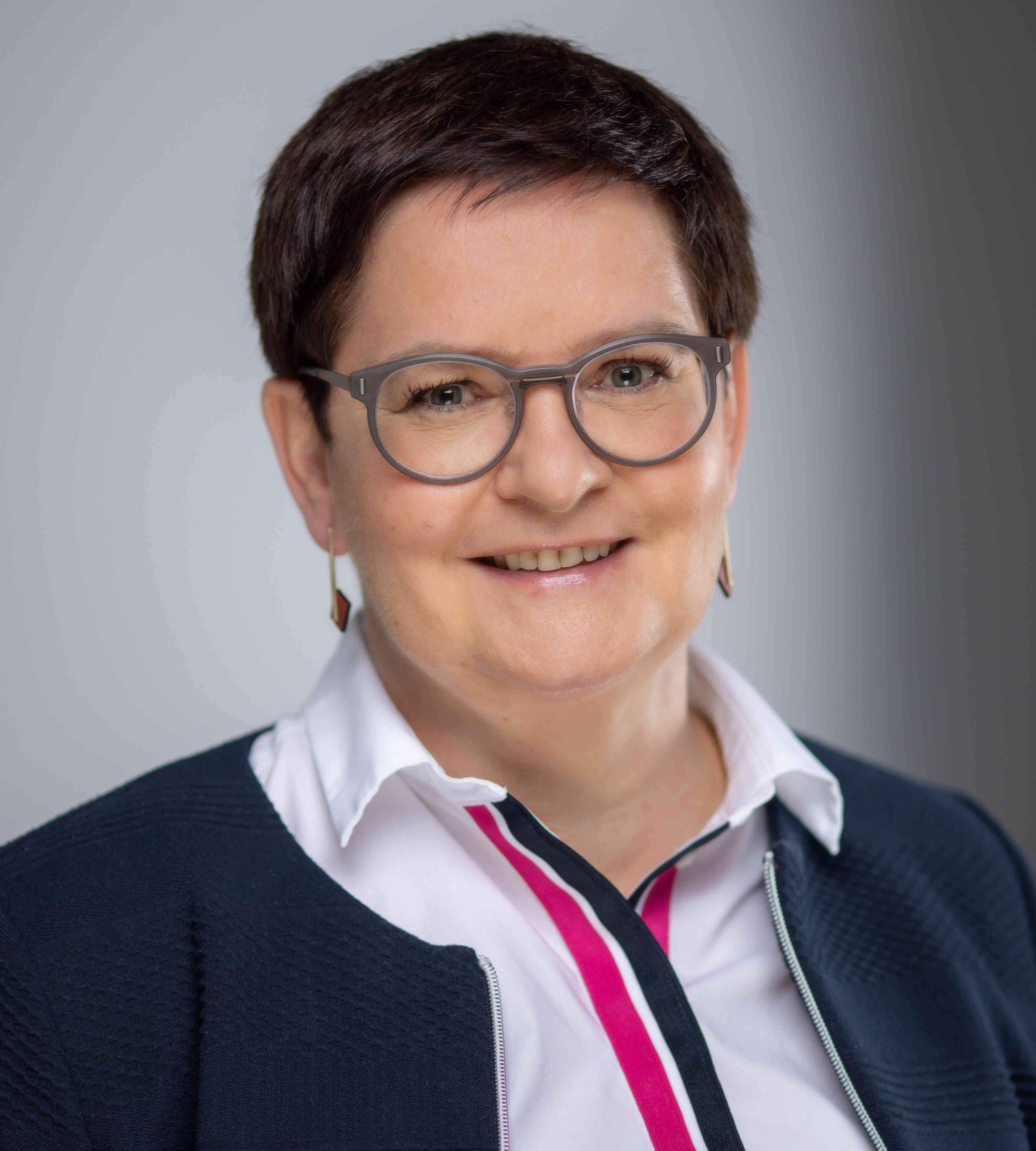
10:00 am
Greeting by the Vice President of the Lutheran University of Applied Sciences Nuremberg
Prof. Dr. Brigitte Bürkle,
BarCamp-Rules,
Introduction of the participants,
Collection of session offers,
Session compilation -
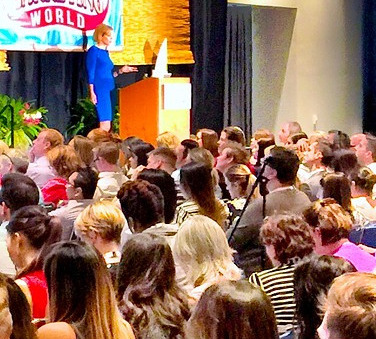
10:45 am
Session 1
-

11:30 am
Break
-

11:45 am
Session 2
-

12:30 pm
Lunchbreak
-

1:30 pm
Session 3 (if requested in English)
-

2:15 pm
break
-

2:30 pm
Session 4 (if requested in English)
-

3:15 pm
Joint closing
-
3:30 pm
End of the BarCamp
-
9.00 AM
Breakfast
-

10.00 AM
Advanced SVG Animations
By Karl Groves -

11.00 AM
Presenting Work with Confidence
By Sarah Dransner -

12.00 AM
Keynote on UX & UI Design
By Ned Stark -
1.00 PM
The End
-
9.00 AM
Breakfast
-

10.00 AM
Advanced SVG Animations
By Karl Groves -

11.00 AM
Presenting Work with Confidence
By Sarah Dransner -

12.00 AM
Keynote on UX & UI Design
By Ned Stark -
1.00 PM
The End
Statements
In the following you will find statements from people who will participate in the BarCamp Social Innovation. Let the statements inspire you to prepare your contribution to the BarCamp.
Conference venue
Evangelische Hochschule Nürnberg
Am Plärrer 15, 90443 Nürnberg
2nd floor (barrier-free)
Attention: The event will not take place in the main building in Bärenschanzstraße, but in our rooms at Plärrer 15! There are very few parking facilities. Therefore we advise you to arrive by public transport. You can reach the conference venue via the subway stop "Plärrer".
FAQ
If you're not yet familiar with this event format, you can read up on some of it here! Since a BarCamp is meant to encourage participants to contribute, participants are called "contributors" here.
Tickets / Reservation
Online registration is required to participate in the BarCamp.
Basic-Ticket
- Ticket includes drinks during breaks, lunch snack and afternoon coffee
Students-Ticket
- only for enrolled students
- Status must be proven at admission
- Ticket includes lunch
Online-Ticket
- only for online participation
Register via the following online form. We will then send you a registration confirmation with up-to-date information on attendance and a link to the online participation:
Contact
If you have any questions about the BarCamp, please send an email to
barcamp@evhn.de
Information for students of EVHN






